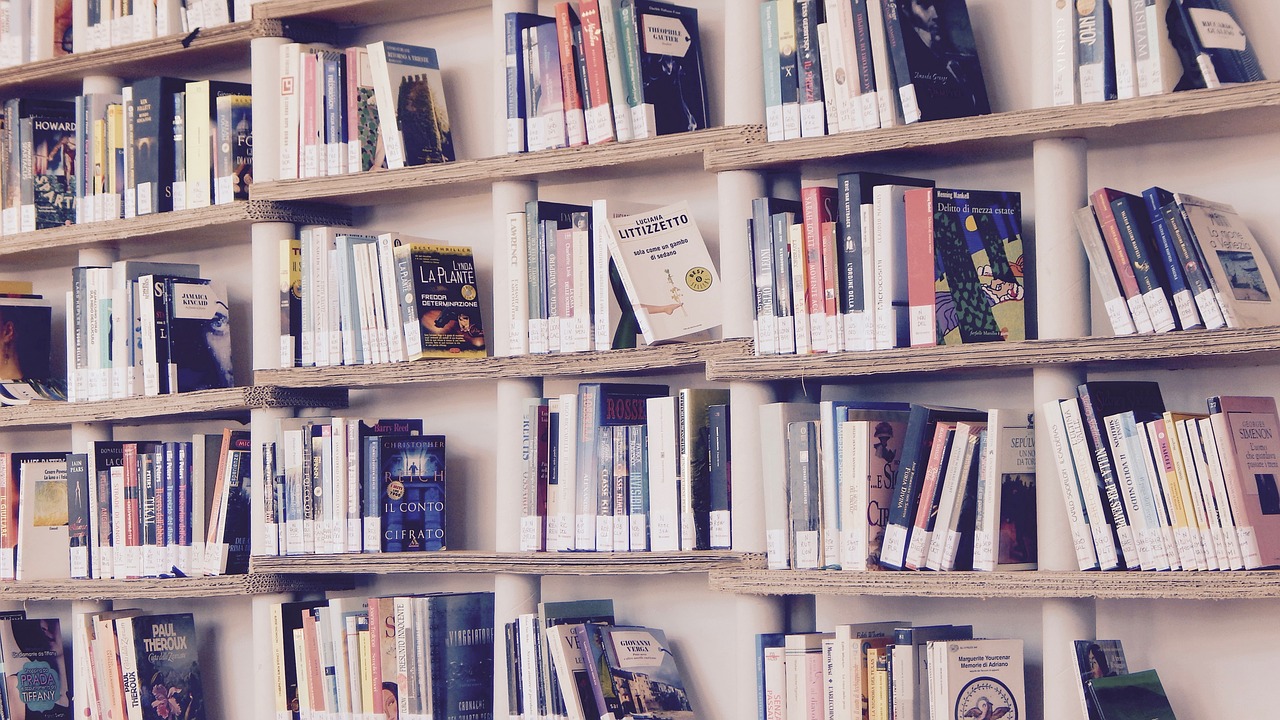Written by: Mia Yanosy
People argue over what makes someone a writer. Do you need readers? Do you need to be published? Do you need only to write in the privacy of your own journal? I’ve yet to be published, so maybe I’m not a writer yet, but I do write and spend a great deal of time thinking and talking about writing.
In high school I came to the conclusion that studying something at a high level makes you hate it a little bit — or at least, it makes you more discerning of what is “good” and “bad” in that field. (I’m thinking of my music and choir teachers who would mock boybands and teen pop artists). Perhaps this itself is a positive. After all, we expect doctors to be keenly aware of what is good suture and what is a bad one. Still, upon entering college, I was hesitant to major in English because I was afraid I would become the person who looked down on others for their reading choices, and I was worried I would fall out of love with reading.
I have to admit, some of my fears have come true. It’s not that I don’t like to read anymore, but my relationship with reading has become more complicated. A few weeks ago I was reading Rumaan Alan’s wonderful “Leave the World Behind” when I came across a line: “Rose turned the secret of the deer over and over, as you would a hard candy on your tongue.” I was reading while walking around my living room, and I spent the next few minutes pacing and thinking obsessively about that line. Would I have made that comparison? Does the comparison work for me? Comparisons are supposed to give us new insight, make us think about the compared object or action in a new way — did this comparison do that?

Maybe I shouldn’t be bothered by these interruptions; noticing what I like and don’t like in other books will help me develop my own writing. But sometimes I long for that magical feeling I got while reading as a child: being swept away. My favorite books make me forget that I am reading syntax and metaphor and imagery.
Recently, reading fiction has been producing in me an array of feelings which often make me nauseated. Depending on the book, they vacillate between resentment (how could I ever write something like this?) to competitiveness (I could write something like this) to disgust (I already do write like this and now I feel like my style is completely trite.)

There are times when I wish I had picked a major adjacent to English — history or psychology — just so I wouldn’t lose the thrill that threatens to disappear once you start to know what happens in the creation room. But when has love ever given us something perfect? I suppose I can’t expect books to be any different from people; the more you spend with them, the more you can see their complexities. I don’t think it would benefit me to give up either.



You must be logged in to post a comment.